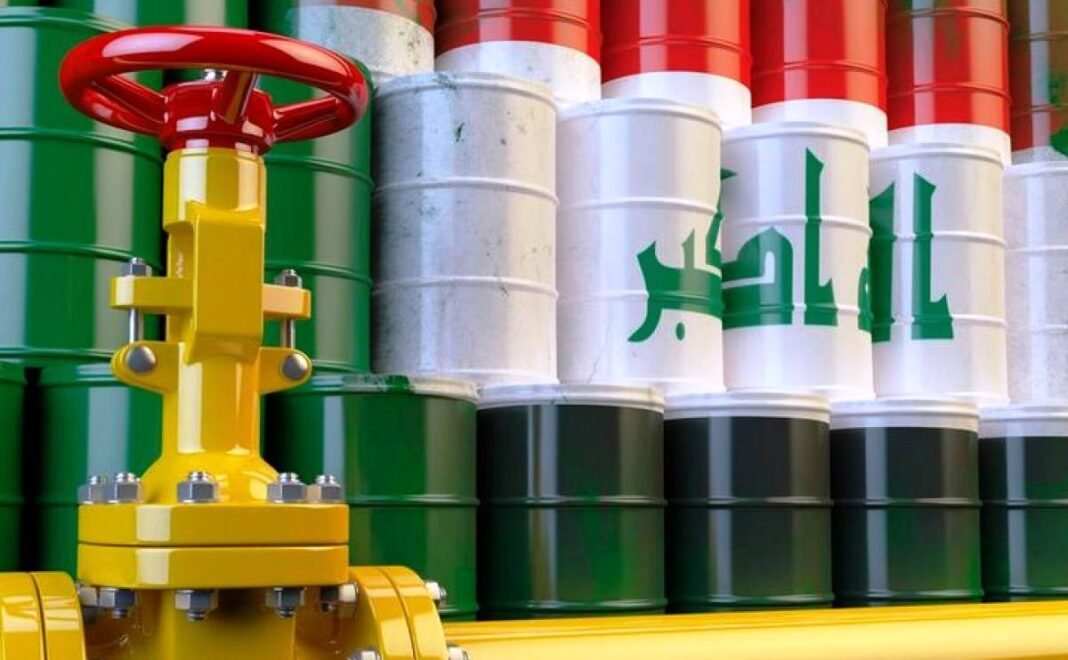Iraq reached a new oil exports agreement that could reshape relations between Baghdad and the Kurdistan Regional Government (KRG). Both sides finally found common ground after years of disputes over oil revenues and export control. The agreement allows oil from the Kurdistan Region to flow again through the Iraq–Turkey pipeline under federal supervision. This deal marks a major turning point in Iraq’s efforts to stabilise its energy sector and improve cooperation between the federal and regional authorities.
For many years, disagreements over the management of oil exports created political and economic tension. The KRG wanted more control over its resources, while Baghdad insisted on central oversight. Through the new oil exports agreement, both parties agreed to coordinate oil sales and share revenues in a transparent way. This step helps build trust and ensures that funds reach essential public services, including the salaries of Kurdish civil servants.
Moreover, the resumption of oil flows benefits Iraq’s economy as a whole. Oil remains the country’s primary source of income, and renewed exports bring much-needed revenue to support national development. The deal also helps restore confidence among international investors who had become cautious due to the political deadlock. With this agreement, Iraq shows determination to manage its resources responsibly and attract global partnerships.
However, Iraq oil exports agreement challenges remain. Negotiators must still finalise details related to export management and revenue transfers. Without clear rules, future disputes could threaten the stability of this understanding. Therefore, both Baghdad and Erbil need to maintain close communication and transparency. Regular meetings and strong cooperation will ensure that the oil exports agreement continues to work smoothly.
Furthermore, Iraq’s success depends on modernising its oil infrastructure. By improving export systems, refineries, and storage facilities, the country can strengthen its position in the global energy market. The oil exports agreement creates the right environment for these reforms and can motivate future investments in other sectors such as transport and construction.
In the long term, this cooperation could transform Iraq into a more stable and reliable energy partner for regional and international markets. By focusing on dialogue and shared goals, Iraq can turn years of rivalry into productive collaboration. The oil exports agreement between Baghdad and Erbil stands as a symbol of unity and a new era of progress for Iraq’s economy.


